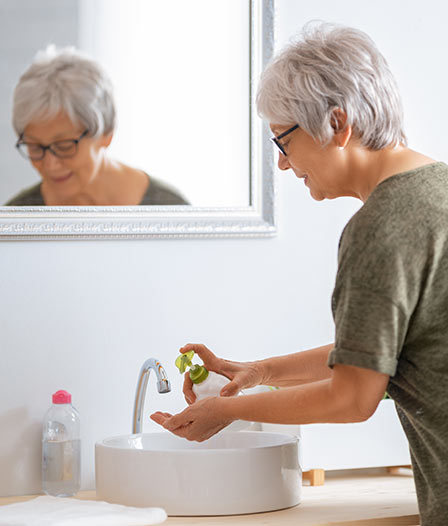Here are some general rules from the World Health Organization on how to protect yourself:

Reported illnesses have ranged from mild symptoms to severe illness and death for confirmed coronavirus disease 2019 (COVID-19) cases.
The following symptoms may appear 2-14 days after exposure.
If you develop emergency warning signs, seek medical attention immediately.
If you are an at-risk person, it is recommended to have a plan for if you are to get sick.
Consult with your health care provider for more information about monitoring your health for symptoms suggestive of COVID-19.
Stay in touch with others by phone or email. You may need to ask for help from friends, family, neighbors, community health workers, etc. if you become sick.
Determine a caregiver, and who can care for you if your caregiver gets sick.
MetroHealth is currently not testing for COVID-19. If you feel that you may have come down with the symptoms, feel free to call us for tips or the Florida Department of Health for assistance. Testing costs vary by health plan.
Stay in the know about current variants by visiting the CDC web site.
For further information please visit the CDC web site.
Call us—24 hours a day, 7 days a week. We’re here for you in your time of need.